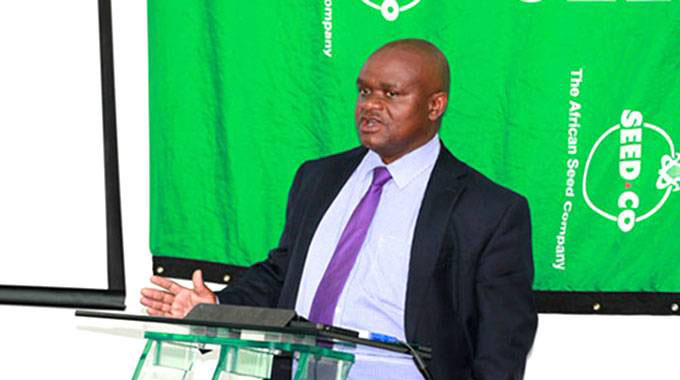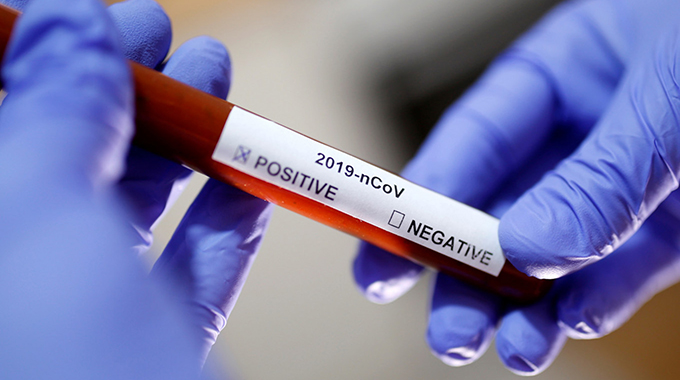Seed Co, Boost reward tech-savvy students

Fadziso Mundawarara Herald Reporter
SEED Co, in partnership with Boost Fellowship, shelled out over US$2 500 to motivative students who come up with new agricultural concepts.
The ceremony was held at Seed Co plant in Stapleford, north of Harare, last Friday.
Seed Co regional managing director Mr Denias Zaranyika said innovation was key, and had become the lifeblood of organisations across the globe.
“Evolutionary and revolutionary innovations are coming in to disrupt the status core. Digital systems have brought a new breath of fresh air to the world, and innovation hubs across the world everyday are dreaming of new and better ways of meeting customer needs and expectations,” he said.
Students who made presentations were each awarded US$300 and WiFi routers.
Ronald Murove from the Midlands State University (MSU) came out tops and bagged US$1 000 while second position went to the duo of Chiratidzo Charakupa and Steve Tadzoka from the Harare Institute of Technology (HIT), who pocketed US$700.
The third prize of US$500 went to Prince Mazimuku from Lupane State University.
Seed Co deputy managing director Dr Edworks Mhandu challenged youths to create solutions for problems and bring creative ideas.
“Young people should challenge the status quo and create solutions for occurring problems and come up with ideas that bring in creativity,” said Dr Mhandu.
The Boost Fellowship executive director, Ms Cleopatra Makoni, said the initiative was an opportunity that enables young minds to express ideas, adding that it paves way for a brighter tomorrow.
Boost Fellowship, an affiliate to Enactus, partnered Seed Co to sponsor the Boost Innovation Challenge, which is meant to develop technological and inventive ideas that create value for farmers’ livelihoods in the country.
The challenge was open to all university and agricultural college students from first year up to PhD level.
Concept ideas included new technologies and business models that make agribusiness more inclusive to improve market penetration.
The innovations should empower farmers to fully participate in agribusiness and gain revenue from employment or entrepreneurship such as new distribution channels.









Comments